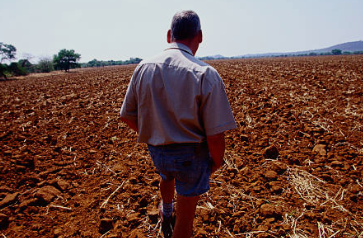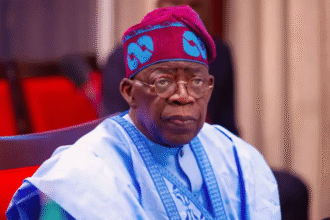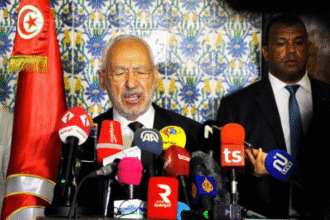By Daniel Niyongabo
Harare, Zimbabwe – The Zimbabwean government has initiated its first compensation payments to white farmers whose land was seized under the controversial land reform program initiated over two decades ago. A $3 million payout, representing 1% of the initial allocated funds, was announced this week, covering the first 378 of 740 approved claims. This marks the first tangible step under the 2020 compensation agreement, in which Zimbabwe committed to paying $3.5 billion for improvements made on seized farmland.
The land reform program, spearheaded by then-President Robert Mugabe, aimed to redress historical inequalities stemming from colonial-era land ownership, where a minority of white farmers controlled the majority of fertile land. However, the often-violent seizures that occurred between 2000 and 2001 sparked international condemnation, contributed to Zimbabwe’s economic decline, and severely damaged relations with Western nations.
Finance Minister Mthuli Ncube stated that this move is part of Zimbabwe’s commitment to economic reform and clearing its arrears. The remaining compensation will be paid through US-dollar denominated Treasury bonds. Harry Orphanides, a representative of the farmers, confirmed growing interest in the compensation program. However, a majority of former farmers have yet to sign up, retaining their title deeds.
The government maintains that it will only compensate for “improvements” made on the land, refusing to pay for the land itself, arguing it was unfairly seized by colonialists. Foreign-owned farms protected under bilateral investment agreements have also been prioritized and began receiving compensation in January.
While the move is hailed by some as a crucial step towards repairing relations with the West and attracting much-needed foreign investment, it has also sparked significant controversy. Critics question why the government is prioritizing compensation for white farmers, while many black farmers, who were the intended beneficiaries of the land redistribution, continue to lack adequate support and resources to make their farms viable and contribute to the nation’s food security.
“While acknowledging the need to address historical injustices and repair relations with the West, the government must ensure equitable treatment for all farmers,” said political analyst Dr. Thandeka Moyo. “The focus should be on supporting both white and black farmers to create a thriving agricultural sector that benefits all Zimbabweans.”
President Emmerson Mnangagwa, who took office after a 2017 coup, has stated that the land reform program cannot be reversed but has emphasized the importance of compensation as a means of mending ties with the West. Zimbabwe has been largely excluded from the global financial system for over two decades, leaving its economy struggling under a heavy foreign debt burden.
Analysts believe the land compensation is a vital step in improving the country’s standing on the international stage and avoiding legal judgements against Zimbabwe. However, the government faces the challenge of balancing these efforts with addressing the needs of black farmers who were promised land ownership and economic empowerment through the very program that necessitated the compensation. The coming months will be crucial in determining whether Zimbabwe can navigate this complex issue and create a truly equitable and prosperous agricultural future for all its citizens.









